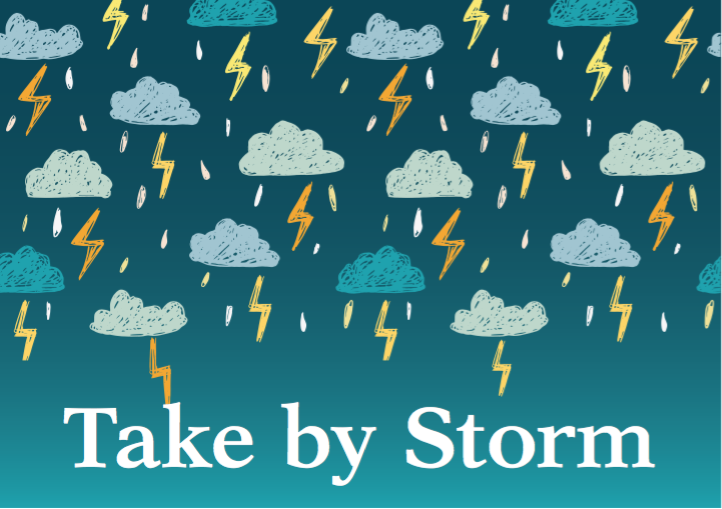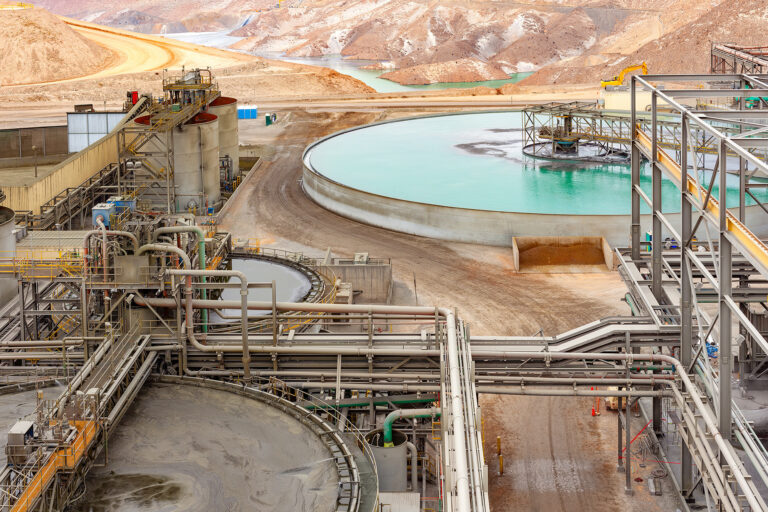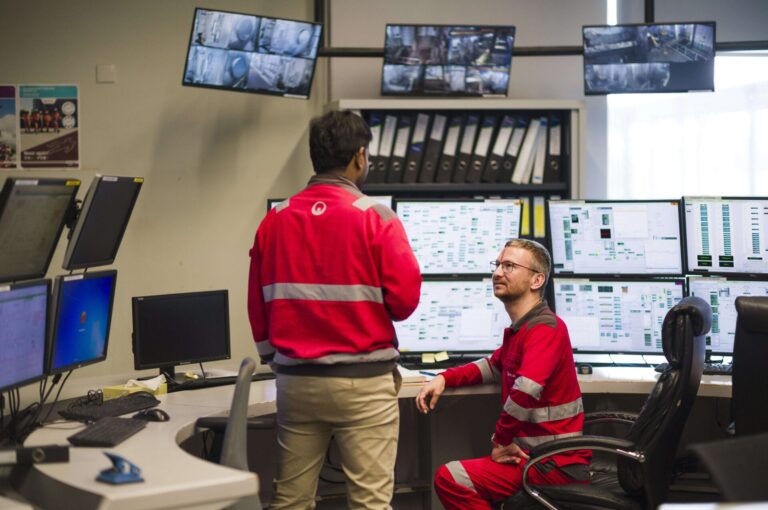The City of Mississauga in Ontario owns nearly $2 billion in stormwater infrastructure that must be properly maintained if we are to build a stronger and more reliable future for Canada’s sixth largest city. Our stormwater drainage system protects water quality and reduces the risk of flooding that can damage homes, businesses, and our environment.
Mississauga is a growing city. We are planning new intensified developments, consistent with the requirements in the Ontario government’s Places to Grow Act—legislation that maps out municipal growth in a coordinated and strategic way. Over the next two decades, Peel Region will need to accommodate approximately 150,000 jobs and more than 300,000 people, many of which will locate in Mississauga.
To give you a better idea of where Mississauga is headed, in 2015, the city issued $1.3 billion in building permits. That’s a 10-per-cent increase from the year before. Mississauga also issued an additional $250 million in conditional permits to help get construction underway. We are a city in demand. As a result, there are increasing pressures on our aging infrastructure. We must take urgent action now.
Our rapid growth has become a catalyst for how our municipality meets our stormwater management needs. Intensified development means the amount of water running off hard surfaces like buildings and parking lots is increasing. Changes to our climate can also bring heavier rainfalls and rapidly melting snow. These changes mean more stormwater is entering our system than ever before, causing costly wear and tear on aging infrastructure.
In 2009 and 2013, Mississauga was severely hammered by storms. According to some media reports, Mississauga was perhaps the hardest-hit part of the Greater Toronto Area following the July 2013 downpour that devastated neighbourhoods. We cannot ignore the effects of climate change.
Safe, reliable stormwater infrastructure is crucial to city building
Based on extensive research and consultations, Mississauga city council decided a stormwater charge to be a fair, dedicated, and responsible source of funding that is needed to manage stormwater now and in the future. Starting this year, the stormwater charge has been added to the Region of Peel water bill for Mississauga properties. The stormwater charge is expected to raise $37 million in 2016, allowing for new, unprecedented, and necessary investments in this essential infrastructure. The funds cannot be used for other services and programs as stated in the Stormwater Fees and Charges By-law.
Accountability is fundamental to getting this right. A property owner’s contribution to the funding of the stormwater program will no longer be based on the value of their property. Instead, it will be based on the extent of hard surfaces. This is fairer, since the impact a property has on the stormwater system is unrelated to land value. Commercial, industrial, institutional, and multi-residential buildings will be charged for the area of hard surface—such as buildings and parking lots—covering the property. Residential properties will be put into one of five tiers, using rooftop area as the indicator of hard surface. In 2016, 80 per cent of residential property owners will pay $100 or less. The city is also introducing additional programs that engage landowners in stormwater management.
A credit program is also available for multi-residential and non-residential properties that demonstrate efforts to significantly reduce the impact of stormwater run-off from their property. This program motivates commercial, industrial, institutional, and multi-residential property owners and developers to implement best practices in green development. Additionally, education and outreach programs are offered to help residents understand drainage and related risks on their property, as well as strategies for managing those risks while protecting their home and the environment.
Mississauga is one of many Canadian municipalities experiencing rapid growth. There are best practices other cities can learn from what we have done to ensure their own stormwater infrastructure is in good working order. We cannot predict when the next major storm will hit but we can be prepared for when it does.
Bonnie Crombie is the mayor of Mississauga.












Typical Liberal philosophy _ ” Can’t Fix the problem then tax the problem”. There are always better solutions than taxing, but however it is the easy way out. I guess that trip to India was well worthwhile for the tax payers of Mississauga? Wasteful spending on the entitled public servants doesn’t mean you can make up for it by taxing the people who pay plenty in taxes!!